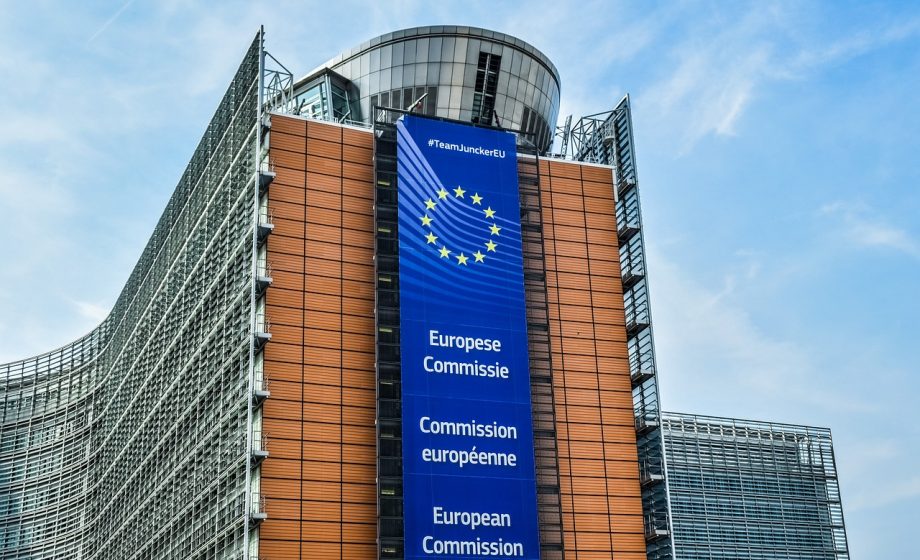European Union member states voted Thursday against an effort to mandate the use of Wi-Fi for internet connected cars, according to Reuters. The move clears a path to use 5G for vehicle-to-everything (V2X) communication, which allows cars to send information to nearby vehicles and infrastructure.
It’s a key step toward fully autonomous driving as well as new safety features in other next-generation vehicles.
With V2X, an autonomous car could detect sudden braking or turning from surrounding vehicles, allowing it to quickly and automatically respond. Vehicles would also be able to communicate with connected infrastructure like roads and traffic lights.
The auto and tech industries have been divided over whether to use short-range Wi-Fi or 5G. The European Commission, Volkswagen, Toyota, Renault, and other companies were promoting the use of Wi-Fi, based chiefly on the fact that it was already available.
But 5G offers a variety of advantages including better range, reliability, and latency. Wi-Fi could transmit data between vehicles (including trains) moving up to 260 kilometers per hour, with a range that could go as low as 150 meters. 5G can communicate between vehicles moving up to 500 kilometers per hour, at a range of over 450 meters. And while Wi-Fi would primarily connect cars to other cars, 5G would allow communication with a wide range of other devices.
Furthermore, companies have voiced a reluctance to invest in Wi-Fi technology that will soon be outdated. The debate has been ongoing since 2016, before the rollout of international 5G networks, which have now undercut the main argument for Wi-Fi.
As a result, many top automakers have pushed for V2X communications using 5G, including Daimler, Ford, and Rolls Royce, as well as telecom companies such as Deutsche Telecom, Ericsson, Huawei, Intel, Qualcomm, and Samsung. Many of these companies have invested billions in 5G technology.
A total of 21 countries, including Germany, France, and Italy, which are home to major automakers, voted against the Commission’s proposal at a meeting of EU representatives in Brussels. Ministers will meet Monday to formalize the decision.
While it technically means the Commission is remaining neutral between the two technologies, it represents a victory for 5G, which is set to see new infrastructure built across Europe and adoption by a growing number of cell carriers. Vehicles with cellular V2X are expected to be rolled out over the next few years.
According to Lisa Fuhr, director general of the telecom lobbying group ETNO:
“Mobile solutions and 5G are back in the road safety picture. The automotive industry is now free to choose the best technology to protect road users and drivers.”
Photo by Dimitris Vetsikas from Pixabay

